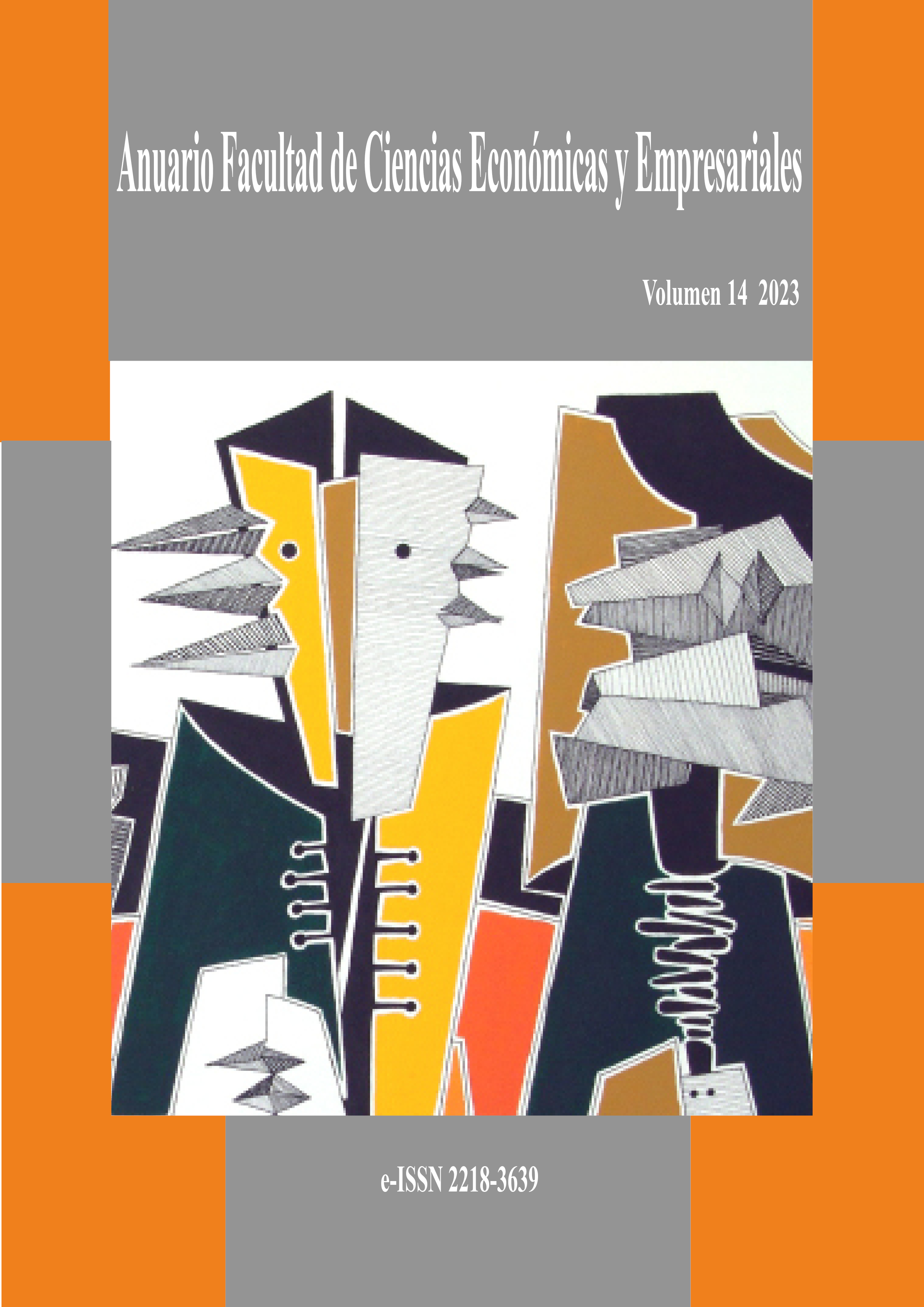The control of the effectiveness of the link management of Higher Education Institutions with their employer institutions
The control of the effectiveness of the link management of Higher Education Institutions with their employer institutions
Keywords:
Effectiveness, Control, process management, link, IndexAbstract
The new international scenarios marked by the effects of Covid-19, as well as the challenges imposed to confront them, demand more efficient and effective forms of management in search of Higher Education Institutions with greater responsibility, committed to the development of society, and oriented to satisfy the needs of the employing institutions. The objective of this work was to create a link index that allow through its calculations, to controlthe effectiveness of the link management of the Higher Education Institutions with their employer institutions, is assumed as general methods, the dialectical-materialism, and also a mixed approach, for this the following theoretical and empirical scientific methods were used: The historical-logical methods, Modeling methods, Document Analysis methods, Observation methods, the Measurement methodsand Triangulation methods, in the same way were used descriptive and inferential statistical methods for the analysis and processing of information.
References
Acevedo, S. (2011). El desarrollo empresarial en el marco de la actualización del Modelo Económico Cubano. Apuntes. Instituto Superior Politécnico José Antonio Echeverría.
Aiteco Consultores (2002). Gestión por procesos. http://www.aiteco.com
Alpízar S., M. (2019). Impacto de las políticas públicas en la Educación Superior en Cuba. Ministerio de Educación Superior.
Álvarez, H. D. (2014). Procedimiento para la gestión del proceso de extensión universitaria en el Instituto Politécnico José Antonio Echeverría (ISPJAE). [Tesis de maestría. Instituto Politécnico José Antonio Echeverría].
Amozarrain, M. (1999). La gestión por procesos. Editorial Mondragón Corporación Cooperativa. http://web.jet.es/amozarrain/.
Cuevas, J. L. (2018). El papel de la universidad en el sistema de ciencia, tecnología e innovación en Cuba. Relaciones universidad-empresa. MES.
Díaz-Canel, B. M. (2021). Sistema de gestión del gobierno basado en ciencia e innovación para el desarrollo sostenible en Cuba. [Tesis de doctorado. Universidad Central “Marta Abreu” de Las Villas].
Dorin, F. Perotti, D. E y Goldszier, P. (2018). Los números Índices y su relación con la economía. Libros y Monografías. Metodologias de la CEPAL. http://www.cepal.org
MES. Junta de Acreditación Nacional: (2014) Sistema de Evaluación y Acreditación de Carreras Universitarias (SEA-CU). Versión Final. La Habana. Cuba
Contraloría General de la República de Cuba. Resolución No. 60/11. http://www.gacetaoficial.gob.cu
Riascos G, J. A. (2006). De la estructura por funciones al enfoque basado en procesos y a la visión sistémica de la organización. Revista Ciencias Estratégicas, vol. 14, núm. 15, enero-junio, 2006, pp. 33-42. Universidad Pontificia Bolivariana. Medellín, Colombia. http://www.redalyc.org/articulo.oa?id=151320329003
Rojas, M.; Jaimes, L.;Valencia, M. (2018). Efectividad, eficacia y eficiencia en equipos de trabajo. Revista ESPACIOS. Vol 39.Venezuela. http://www.revistaespacios.com
Sampieri, R. H., Collado, C. F., y Lucio, P. B. (2014). Metodología de la Investigación (6ta edición). Mexixo, D. F: McGraw - Hill Internamericana Editores S. A. de C. V.
Unesco. (2018). Plan de acción de la conferencia regional de Educación Superior para América Latina y el Caribe (CRES 2018). http://www.iesalc.unesco.org.ve
Downloads
Published
Issue
Section
License
Copyright (c) 2023 NIUBIS PÉREZ ACUÑA, YAMILÉ HOTMAN CARDOSA

This work is licensed under a Creative Commons Attribution-NonCommercial-NoDerivatives 4.0 International License.
Esta revista proporciona un acceso abierto inmediato a su contenido, basado en el principio de que ofrecer al público un acceso libre a las investigaciones ayuda a un mayor intercambio global de conocimiento.
This journal provides immediate open access to its content, based on the principle that providing the public with free access to research supports a greater global exchange of knowledge.



























 Universidad de Oriente
Universidad de Oriente 